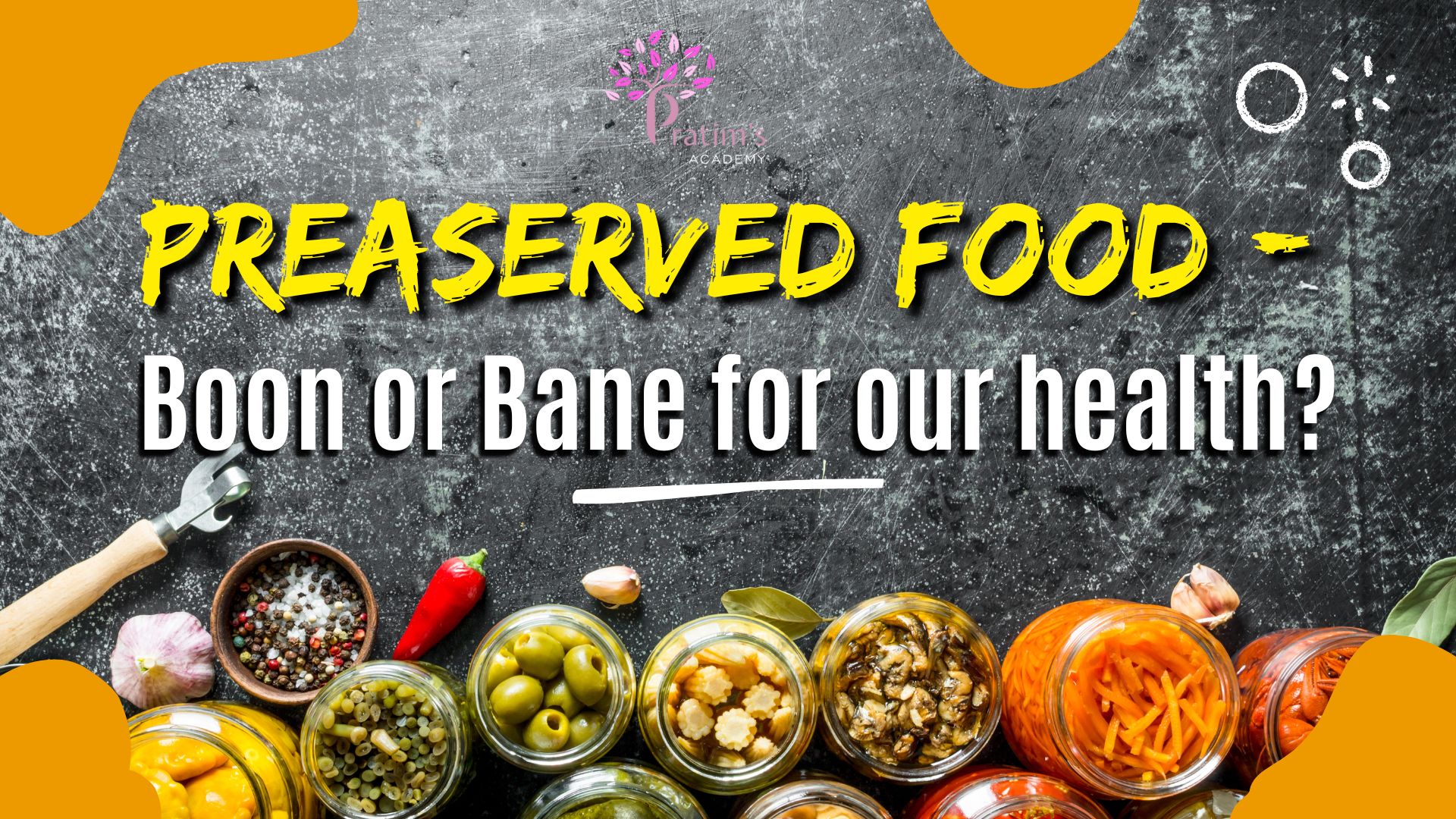
- 1225
- 0
Mango and Diabetes: Can Diabetics Safely Enjoy this Tropical Fruit
Mango is a delicious tropical fruit that is enjoyed by people all around the world. However, for those with diabetes, it is common to wonder whether or not it is safe to consume. In this blog post, we will explore whether diabetics can eat mango and the factors that should be considered before adding it to their diet.
First and foremost, it is important to understand that mango is a high-sugar fruit. One cup of diced mango contains about 24 grams of sugar, which is a significant amount for someone with diabetes. This is because diabetes is a condition in which the body cannot properly regulate blood sugar levels, resulting in high blood sugar levels.

However, this does not necessarily mean that diabetics cannot eat mango. In fact, mango can be a part of a healthy and balanced diet for people with diabetes, as long as it is consumed in moderation and as part of an overall healthy eating plan.
The glycemic index (GI) of mango is medium to high, with a score of around 50-60. This means that it can cause a moderate to significant increase in blood sugar levels after consumption. However, the GI is not the only factor that should be considered when deciding whether or not to eat mango. The total amount of carbohydrates and fiber in a food, as well as the portion size, also play a role.

It is recommended that people with diabetes limit their carbohydrate intake to around 45-60 grams per meal. Therefore, when consuming mango, it is important to consider the portion size and the total amount of carbohydrates in the fruit. A typical serving size of mango is about ½ cup, which contains around 12 grams of carbohydrates. This can fit into a balanced meal plan, as long as it is consumed in moderation and in combination with other low-glycemic foods.
Another important factor to consider when eating mango is its nutritional value. Mango is a rich source of vitamin C, vitamin A, and dietary fiber, all of which are important for overall health and wellbeing. Fiber, in particular, can help slow down the absorption of sugar in the body, which can help prevent blood sugar spikes.
It is also important to note that different types of mangoes have different levels of sweetness and sugar content. Some varieties, such as the Alfanso mango, are sweeter and have a higher sugar content. Therefore, it may be helpful to choose mangoes with a lower sugar content to help manage blood sugar levels. So moderation is the key here. So it would be incorrect to assume that consumption of mango is prohibited for patients suffering from diabetes. It is the quantity that matters. If the patient consumes in small portions and avoids any other recipe rich in carbohydrate for that day, then it is not at all harmful.
Can a patient with kidney failure eat mango?
Mangoes have fairly high amount of potassium content. One cup of raw mango has 277mg of potassium in its mango must be taken once or twice a week in moderate amount. However someone who is on maintenance hemodialysis can have mango before dialysis. But it is always better to know your portion size.
Take a Nutrition Consultation- +918069841500
In conclusion, diabetics can eat mango, but it should be consumed in moderation and as part of an overall healthy eating plan. It is important to consider the portion size, total carbohydrate content, glycemic index, and nutritional value when deciding whether or not to eat mango. By doing so, diabetics can enjoy the delicious taste and health benefits of this tropical fruit without compromising their blood sugar control.
Comment
Check Your EGFR
***We Promise, no spam!







